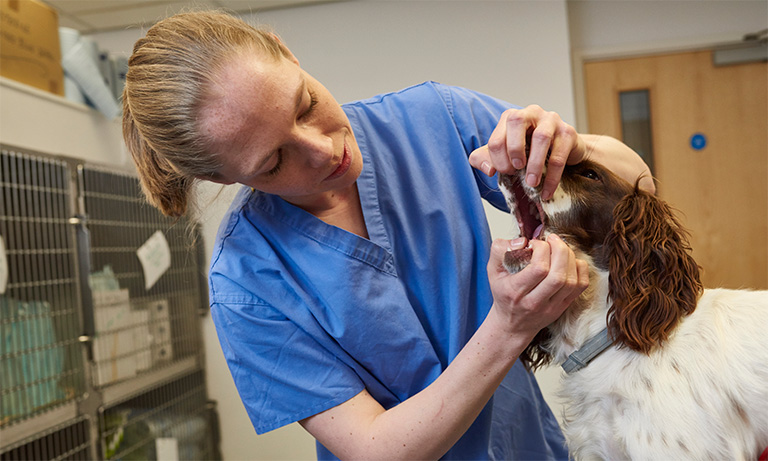New British Veterinary Association President calls for animal welfare alongside client choice to be at the heart of CMA recommendations
26 Sep 2024
The Competition and Markets Authority (CMA) has concluded its consultation on the issues it proposes to explore during its Market Investigation into UK veterinary services for household pets.

The British Veterinary Association (BVA), which represents more than 19,000 vets across the UK, has submitted a joint response raising concerns around potential unintended consequences of some of the CMA’s ideas. These consequences could include reduced client choice and competition; compromised animal welfare; damage to the vet-client-patient relationship; and in some circumstances increased costs for clients.
The consultation response, submitted jointly with the British Small Animal Veterinary Association (BSAVA), the Society of Practising Veterinary Surgeons (SPVS) and the Veterinary Management Group (VMG), also acknowledged the action being taken by the profession to increase client choice, particularly improving transparency of fees and practice ownership.
Specific areas of concern identified in the joint response include:
British Veterinary Association President Dr. Anna Judson, said:
“Whilst we continue to welcome the scrutiny of the Competition and Markets Authority’s investigation, some of its proposed areas of concern and specifically some of the potential ‘remedies’ outlined in the CMA’s issues statement are worrying. Rather than ensuring clients and their pets receive the best care at a fair price, they could in fact inadvertently harm the veterinary profession’s ability to serve its clients and patients effectively, reduce client choice, and in some cases increase costs.
“As a profession dedicated to animal health and welfare, what is perhaps most alarming is that some of the CMA’s potential ‘remedies’ could actually harm animal welfare. Cleary these are unintended consequences but they do highlight the importance of continued engagement between the CMA and the profession as the investigation progresses to ensure the veterinary voice is heard and unintended consequences are avoided.”
Read our joint response: https://www.bva.co.uk/media/6007/joint-response-to-the-cma-issues-statement-final.pdf
Get tailored news in your inbox and online, plus access to our journals, resources and support services, join the BVA.
Join Us Today